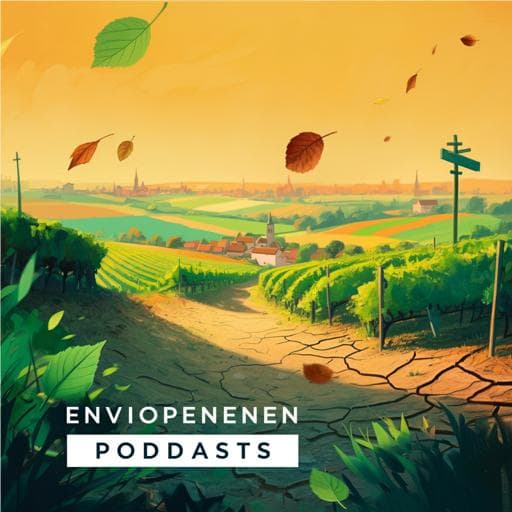
Earth Sciences
Continuous increase in evaporative demand shortened the growing season of European ecosystems in the last decade
M. Rahmati, A. Graf, et al.
Recent research by Mehdi Rahmati and colleagues reveals a surprising reversal in the length of European growing seasons, potentially challenging our understanding of climate impacts. While early greening continues, trends indicate a shortening of the season back to levels not seen since the 1980s, primarily due to increased atmospheric water demands in summer. Discover the implications for ecosystem management in this cutting-edge study.
Related Publications
Explore these studies to deepen your understanding of the subject.







